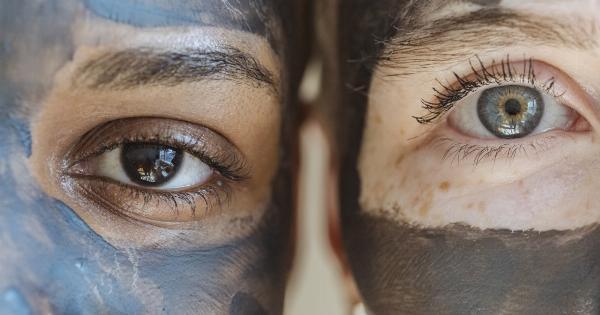Dark spots and other facial imperfections can be a source of frustration and self-consciousness for many individuals.
Whether they are caused by aging, sun damage, acne scars, or other factors, these imperfections can affect our confidence and overall appearance. Fortunately, advancements in dermatology have made it possible to effectively treat and diminish the appearance of these dark spots and other imperfections, restoring a more youthful and even complexion.
Understanding the causes of dark spots and facial imperfections
Before diving into the solutions, it’s essential to understand the underlying causes of dark spots and other facial imperfections. There are several factors that can contribute to the formation of these blemishes:.
Sun exposure:
One of the primary causes of dark spots is prolonged and unprotected sun exposure. The sun’s harmful UV rays can trigger an overproduction of melanin, leading to the formation of dark spots or hyperpigmentation.
This is particularly common in individuals with fair skin.
Acne scars:
For those who have struggled with acne in the past, acne scars can often be a lasting reminder. These scars result from the skin’s attempt to heal itself after an acne breakout, leaving behind an uneven texture and pigmentation.
Hormonal changes:
Hormonal changes, such as those that occur during pregnancy or while taking certain medications, can also lead to the appearance of dark spots. This is known as melasma and typically presents as larger patches of hyperpigmentation.
Treating dark spots and facial imperfections with professional dermatological care
While there are various over-the-counter products that claim to fade dark spots and improve complexion, seeking professional dermatological care is the most effective way to address these concerns.
A dermatologist can provide personalized treatment options based on the specific cause of your dark spots and imperfections, ensuring the best possible outcome.
Here are some common dermatological treatments for dark spots and facial imperfections:
1. Chemical peels:
Chemical peels involve the application of a chemical solution to the skin, which causes the outer layer to exfoliate and peel off.
This process helps to reveal fresh, even-toned skin underneath and is particularly effective for treating sunspots and acne scars.
2. Laser therapy:
Laser therapy utilizes focused beams of light to target and break up dark spots or pigmented areas. This treatment option stimulates collagen production and helps fade the discoloration gradually. It also improves overall skin texture and tone.
3. Microdermabrasion:
Microdermabrasion involves the use of a device to gently exfoliate the outermost layer of the skin.
This treatment not only diminishes the appearance of dark spots but also promotes collagen production, leading to a brighter and more youthful complexion.
4. Topical creams and serums:
Many dermatologists prescribe or recommend topical creams and serums containing ingredients like hydroquinone, retinol, or vitamin C. These products work by inhibiting melanin production, reducing pigmentation, and promoting skin cell turnover.
5. Intense pulsed light (IPL) therapy:
IPL therapy uses broad-spectrum light to target and break up areas of hyperpigmentation, including dark spots. It is a non-invasive treatment that helps achieve a more even skin tone.
Seeking professional advice for personalized treatment
While the aforementioned treatments can significantly improve the appearance of dark spots and other facial imperfections, it’s important to consult a dermatologist to determine the most suitable option for your specific needs.
A dermatologist will assess your skin condition, consider any underlying factors, and recommend a personalized treatment plan.
Preventing future dark spots and imperfections
Prevention is key when it comes to dark spots and facial imperfections. Here are some essential tips to minimize their occurrence:.
1. Sunscreen:
Wearing sunscreen with a high SPF every day is crucial in protecting your skin from harmful UV rays. This significantly reduces the risk of developing dark spots caused by sun damage.
2. Gentle skincare routine:
Avoid harsh scrubs or abrasive cleansers that can irritate the skin and potentially worsen hyperpigmentation. Opt for gentle products suitable for your skin type.
3. Regular exfoliation:
Regular exfoliation helps remove dead skin cells, allowing for better absorption of skincare products and promoting an even skin tone. However, be cautious not to over-exfoliate, as this can lead to irritation.
4. Avoid picking at blemishes:
Picking at acne or scabs can lead to additional scarring and dark spots. It’s best to let the skin heal naturally or seek professional advice on how to properly manage these blemishes.
Regain your self-confidence with dermatological care
Dark spots and facial imperfections no longer have to be a permanent part of your appearance.
With the help of a dermatologist and advancements in dermatological care, you can effectively fade these imperfections and restore a more radiant and even complexion. Say goodbye to dark spots and hello to rejuvenated skin!.





























